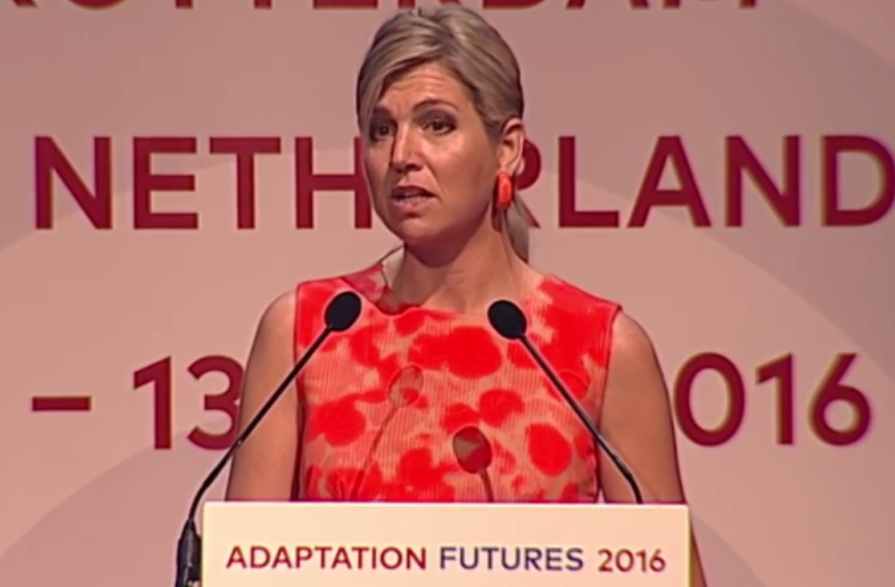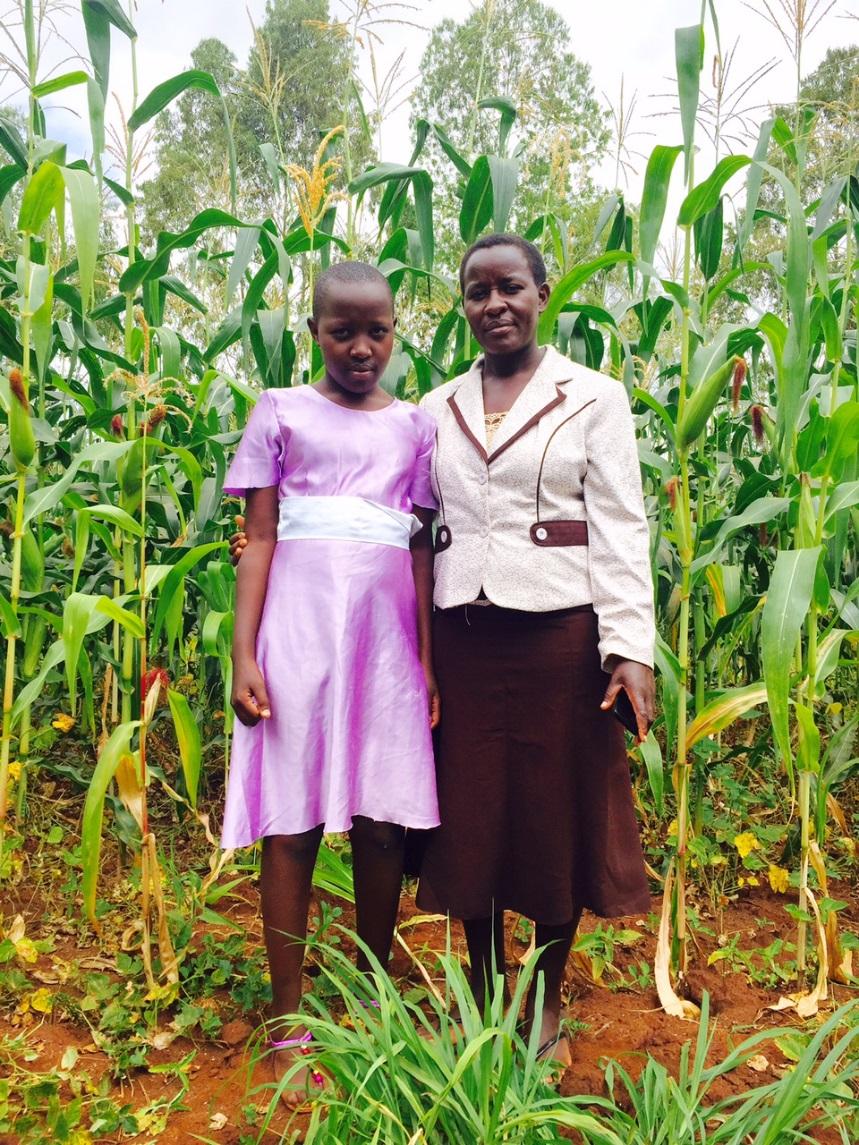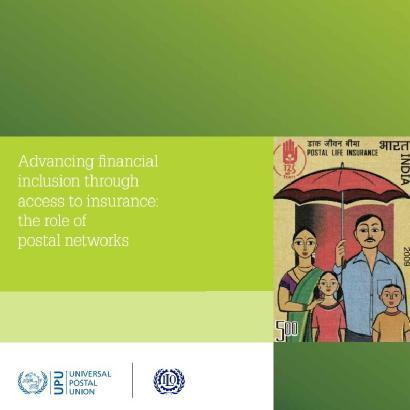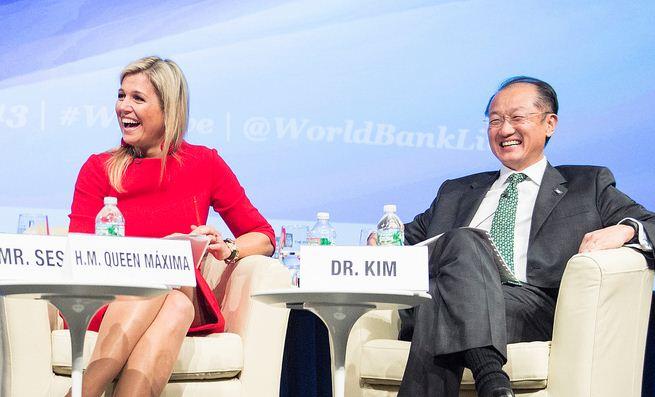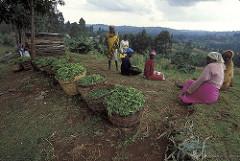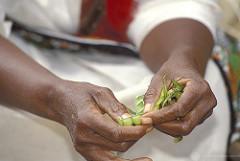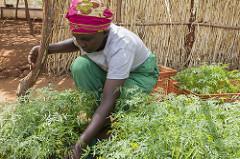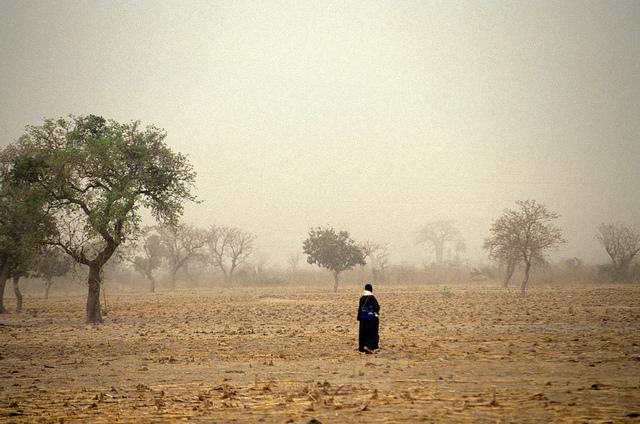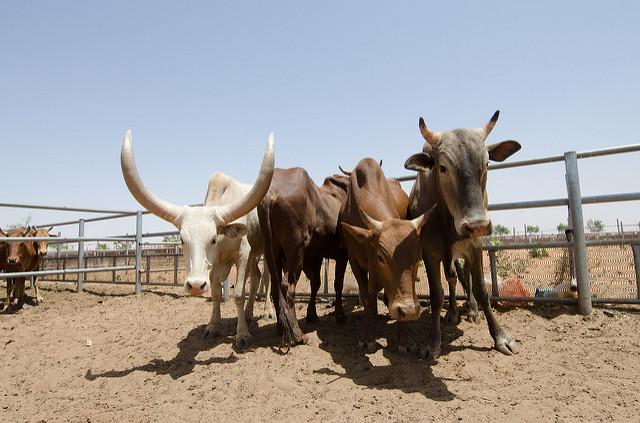
Published on:
Topics:
Country:
The Government of Kenya has launched " Kenya Livestock Insurance Program (KLIP)" that will insure 100,000 household against drought by 2019. The program, which is an initiative of the National Government in partnership with local governments and private sector insurance companies, has an objective of reducing the risks of livestock mortality emanating from drought and of building the resilience of vulnerable pastoralists in arid and semi-arid lands (ASALs ) of Kenya through satellite-based index insurance. Under this program, "t he State Department of Livestock purchases premiums on behalf of

